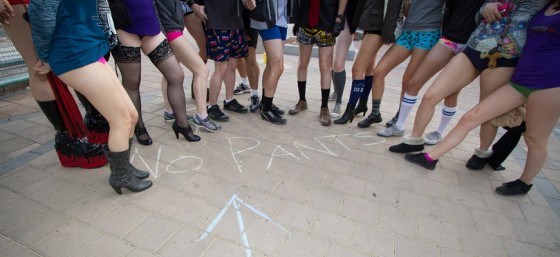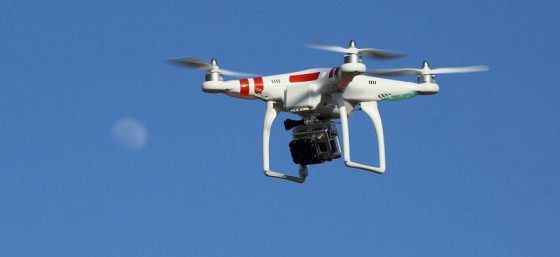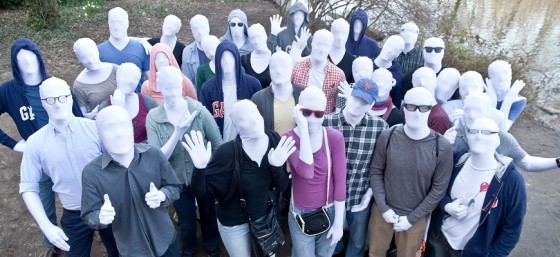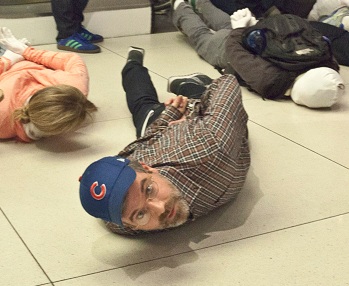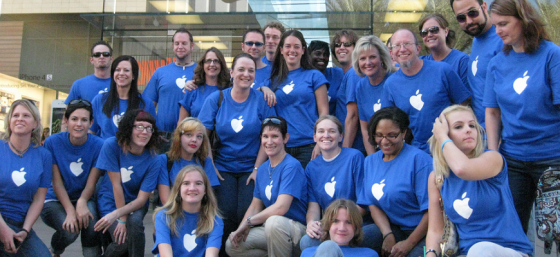Charlie Todd and Improv Everywhere announced the cities that are participating in the 8th Annual Global No Pants Subway Ride (15th ride in New York, 8th ride with global participation). On Sunday, January 10th, people all over the world will be riding their public transit sans pants, and acting as if nothing is out of the ordinary. Phoenix has participated every year with the No Pants Light Rail Ride, organized by Improv AZ.
The No Pants Ride was my first flash mob and the event that launched my interest in flash mob law. Whenever I tell people about this event, one of the common questions I hear is, “Is that legal?” Given that this is a global event, the organizers and participants in each city should review their local laws related to this event and act accordingly. I’m sure it is not fun to be arrested when one is not wearing pants.
Indecent Exposure
Each city/state has its own laws regarding indecent exposure. In Phoenix, we don’t have to worry in general because it is not uncommon for people’s underpants to be bigger than what many people wear to the beach or pool. To violate the Arizona decency law, you have to expose your genitals, anus, or female areolas. This is why Improv AZ advises participants not to wear see-through fabric and to wear briefs under boxer in case the fly separates. Additionally, organizers in multiple cities have a “no thongs” rule. (Remember, you’re on public transportation. Do you really want your skin touching those seats?)
Transit System Rule Violations
Given that participants are expected to act as if nothing is abnormal, following the rules of the transit system is expected. Be courteous and don’t interfere with others’ ability to ride the subway, light rail, or bus. And the fact that your outfit doesn’t have pockets does not absolve you from the requirement to purchase a ticket.
Disorderly Conduct, Public Nuisance, Riot
Many cities have a broadly written catch-all for behaviors that may disturb the peace. If you’re going to organize or participate in a No Pants Ride or other flash mob, always apply common sense to your shenanigans. If you encounter law enforcement, be calm and respectful, and know what information you are required to provide. In the U.S., the police are allowed to briefly detain you if they suspect a crime is occurring or is imminent. And although you have the right to remain silent, you may be required to identify yourself if requested.
Of course, the goal of any flash mob is to surprise and entertain an unsuspecting audience. Ideally, the police should never have to be involved. They have real crimes to investigate. It’s up to the organizers and participants to educate themselves on how to pull off their shenanigans without violating the law or anyone’s rights.
I’m excited for this year’s No Pants Subway Ride. If one is occurring near you, I highly recommend you participate. If you want to chat about the legalities of flash mobs and pranks, you can contact me directly or connect with me on Twitter, Facebook, YouTube, or LinkedIn.
